About
Climate Friendly Travel
Resources
Contact
Geoffrey Lipman, SUNx Co-founder info@thesunprogram.com
+32495250789
World has ‘moral responsibility’ to help small island states survive climate crisis – UN agency chief
Vulnerable economies must be supported with finance and practical aid to find long term solutions, says Jorge Moreira da Silva of Unops
The world has a “moral responsibility” to support the fight for survival being faced by small island states, according to a leading UN agency chief.Ahead of the fourth annual conference of small island developing states (Sids) being held in Antigua and Barbuda this week, Jorge Moreira da Silva, the executive director of the (Unops), called for recognition of the problems faced by what he called “some of the most vulnerable economies in the world” who contributed less than 1% to global carbon emissions.“Because of their unique circumstances and vulnerabilities, Sids face higher levels of debt distress than other developing countries,” said da Silva. “Over 40% of Sids are now on the edge of, or are already grappling with, unsustainable levels of debt. And with every major disaster, private external debt in Sids tends to rise. Between 2016 and 2020, Sids have paid in debt service 18 times more than what they received as climate finance.“They are excessively dependent on international trade”, he said, “with limited resources, remoteness from major markets, and susceptibility to natural disasters. They were already in an incredibly difficult situation before being severely hit by the economic consequences of the pandemic. As a result, their GDP contracted on average by 6.9% in 2020, compared with 4.8% in all other developing countries.”The Sids conference encompasses 37 UN member states, including 16 from the Caribbean, which are disproportionately affected by the climate crisis. Da Silva said Sids had limited access to development resources and were often ineligible for debt-relief mechanisms because of their gross national income per capita, even when they are exposed to so much risk. Practical solutions were required to broaden their options, he said.“Besides the need for more financing, there are issues around capacities for implementation, whether these are human or technical capacity constraints,” da Silva said.Many nations require more capacity to identify national needs and focus on long-term planning, da Silva emphasised. “Sids contribute less than 1% of global carbon emissions yet suffer disproportionately from climate change impacts. The people of Sids are at the forefront of a climate crisis they did not create. The international community has a moral responsibility to support their efforts to fight climate change and build a resilient and sustainable future.“We should care and support not just in the spirit of solidarity and climate justice, but because the fate of Sids are intertwined with that of the entire global community. Lest we forget, Sids are crucial stewards of the ocean, they are home to a large portion of our world’s biodiversity.”